The views expressed in our content reflect individual perspectives and do not represent the authoritative views of the Baha'i Faith.
What would you do if you became a refugee?
In Kosovo and Albania in 1999, I met thousands of people—mostly women and children—who had never once even considered that question. But when the Serbian army suddenly decided to “ethnically cleanse” the province of Kosovo of its Muslim population, soldiers descended on Kosovo and began executing the men and boys and burning homes. If they were lucky, women and children fled.
Most walked or ran. A few drove or rode on trains. Some who had no food or water or stamina hid in the forests, hoping the soldiers wouldn’t find them. Trying to stay ahead of the advancing troops, the fleeing, frightened and traumatized refugees carried what little they could grab at the last minute, and headed for the Albanian border. Their burning homes sent up plumes of black smoke behind them. Most had no idea what had happened to their husbands and fathers and sons, but satellite photos of recently-dug mass graves soon gave everyone the gruesome answer.
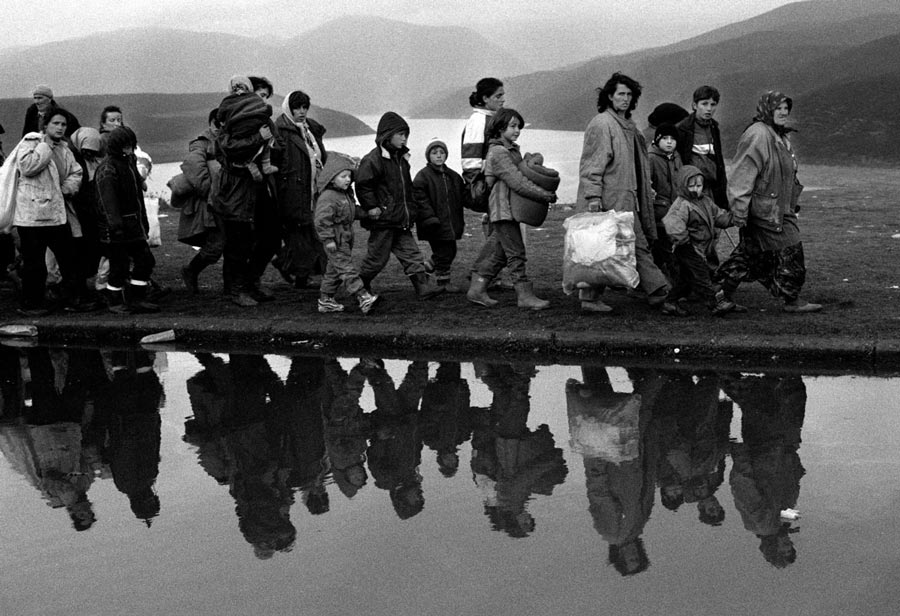
Ethnic Albanians fleeing Kosovo in March 1999
At the time of the Kosovo ethnic cleansing, I worked at UCLA. On the first day of the refugee crisis, the Los Angeles Times ran a front-page picture of a train car packed with refugees heading for the border. The vintage train car looked exactly like the old Central European trains that delivered the Jews to the Nazi concentration camps. At that moment, as I looked at the harrowing photograph while I ate my breakfast, I remembered the accounts I had read and heard about what people tried to do for the Jews—or what they didn’t do, and regretted for the rest of their lives. Immediately I decided that I was seeing a moral crisis, and that I had to do something.
So I gathered several volunteers from my staff, recruited 35 physicians and nurses who were eager to help, and we flew to Albania to treat refugees, to see if we could save any lives.
When we arrived, we saw that the world had responded with enormous empathy. Government agencies, refugee NGOs and first responders had set up their operations. Thousands of refugees needed doctors, so we went to work immediately.
On our second day there, we treated a family of three women who had walked a hundred kilometers, and who suffered tremendously along the way. The grandmother didn’t make it—she died enroute, probably from exhaustion, dehydration or maybe a broken heart. The soldiers were closing in from behind, so they couldn’t even bury her, and had to leave her body by the side of the road. The mother, consumed with enormous anxiety for her missing husband and sons and the death of her own mother, lost her mind during that arduous trip—she arrived in Albania with all the symptoms of schizophrenia and had to be hospitalized, although she had been fine before it all began.
The daughter, a teenage girl, had just come home from high school when the soldiers invaded. She wore a pair of fashionable new high-heeled shoes to school that day, and had no time to change them before they fled. She broke both of her ankles trying to run in those shoes, and then had to keep walking, barefoot and in tremendous pain, the rest of the way. She had done so much damage to her ankles and feet that our physicians thought she would not recover or even walk again.
I will never forget the look in that young girl’s eyes. Her family decimated, her mother driven insane, her house burned down, her bones broken beyond repair, her home country descended into massacre and savagery, she stared off into space and could not speak, her eyes haunted and her world completely destroyed. Just a few days before, a 16-year-old schoolgirl in shiny new shoes, her future seemed filled with promise. Now, all of that was gone.
It struck me that this could happen, at any moment, to any one of us.
At no time in human history has the world seen more refugees than the 60 million people now displaced by war, famine and violence. The Baha’i teachings ask the leaders of the world to unite, and to protect the world’s refugees:
Be united, O kings of the earth, for thereby will the tempest of discord be stilled amongst you, and your peoples find rest, if ye be of them that comprehend. Should any one among you take up arms against another, rise ye all against him, for this is naught but manifest justice… Should anyone seek refuge with you, extend unto him your protection and betray him not. Thus doth the Pen of the Most High counsel you, as bidden by Him Who is the All-Knowing, the All-Informed. – Baha’u’llah, The Summons of the Lord of Hosts, p. 93.
Today people and nations around the world will observe United Nations World Refugee Day. Today I’ll remember that young girl and her family. Today I hope you’ll give some thought to the 60 million refugees in the world, and to what you and your country could potentially do for them.


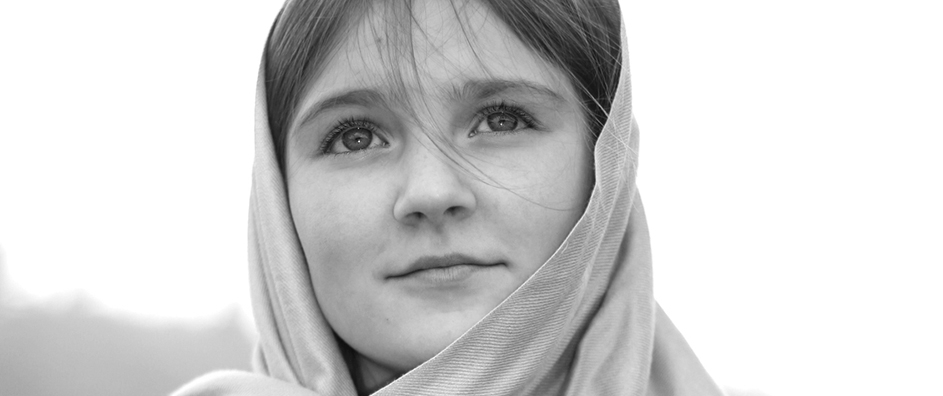

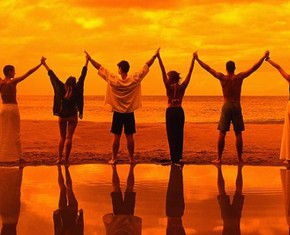
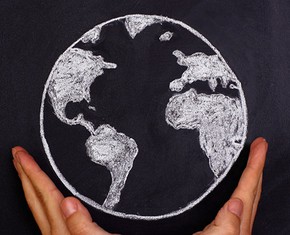
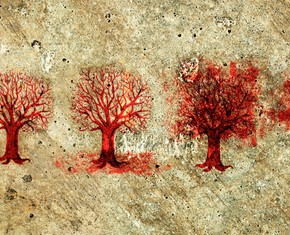









Comments
Sign in or create an account
Continue with Googleor